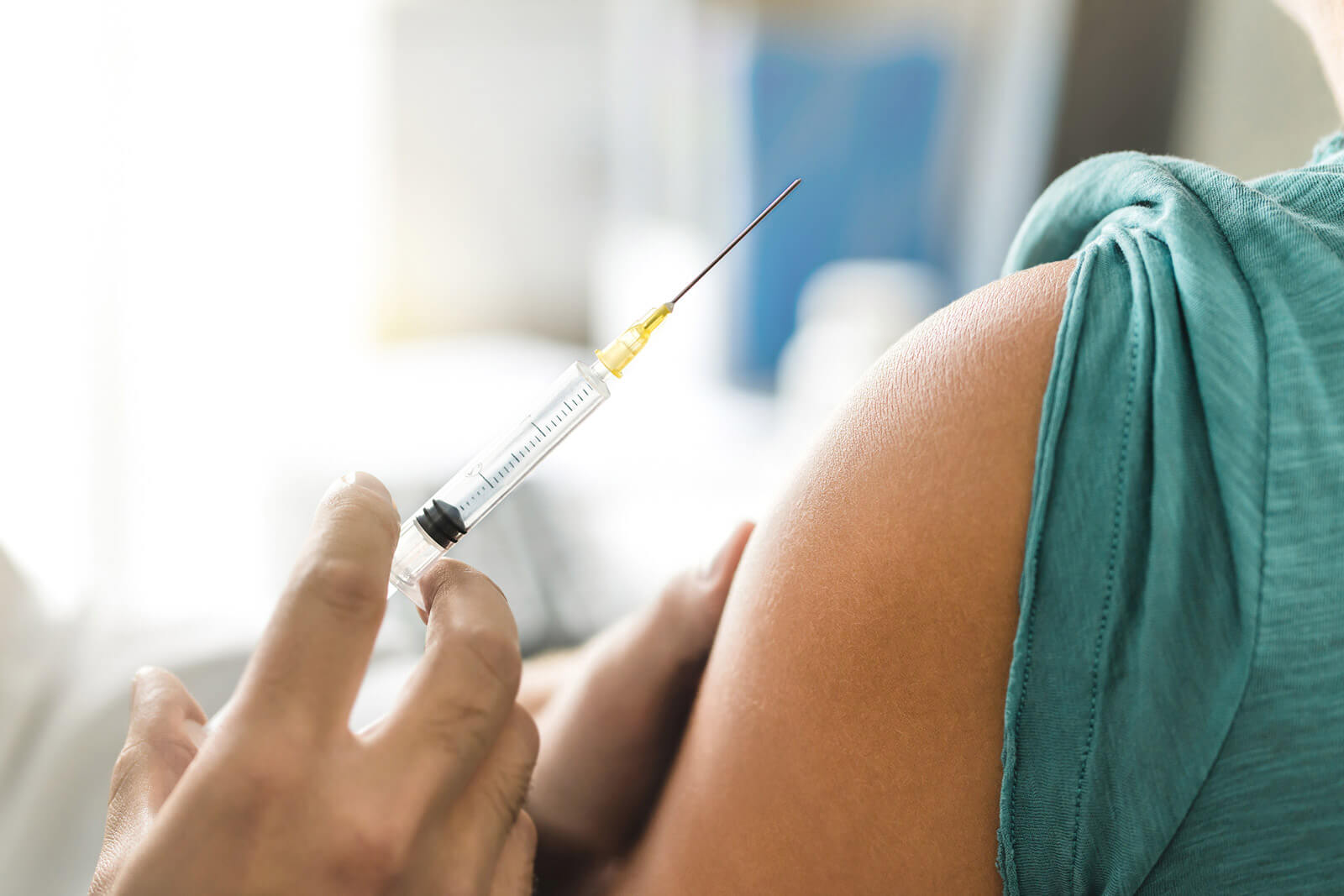
Precare
HPV VACCINATION PROTECTS
The HPV immunisation serves as a protection from a majority of HPV-related cancer forms and genital warts.
HPV vaccinations will continue to be free up to the age of 30 until the end of 2025. From 2026, free vaccination will only be offered up to the age of 21. You can also find detailed information at Wiener Impfservice.
WHAT IS HPV?
Human papillomaviruses (HPV) are viruses, which can infect the cells of the skin and mucosa.
HPV infections are among the most common sexually but also casually transmitted viral diseases. More than 100 different HPV types are known, which are roughly divided into low-risk types and high-risk types.
Low-risk viruses (e.g. HPV6 and 11) are the main causes of genital warts (condyloma); however, they are not potentially life-threatening pathogens.
On the other hand, an infection with a high-risk virus (e.g. HPV 16 and 18) can lead to malignant changes in women and men-for example cervical cancer, anal cancer, vaginal cancer and penile cancer can be traced by to an HPV infection-but also forms of cancer in the throat and pharynx.
The most common type of cancer which is caused by HP viruses in women is cervical cancer-an infection with a high-risk type of HP virus can be diagnosed in the majority of the cases.
WHAT ARE THE CONSEQUENCES OF A HPV INFECTION?
However, an HPV infection does not mean that a cancerous disease will certainly develop. In many cases, the immune system can successfully fight the viruses, causing tissue changes to recede.
In other cases, however, the cell changes continue and-via numerous intermediate changes-lead to the formation of cancerous cells.
A possible HPV infection is determined by means of the PAP smear test in the course of the gynaecological examination. If the results are abnormal, the test is repeated-the further procedure (HPV typisation, colposcopy, vaginal ultrasound, biopsy, conisation etc.) depend on the PAP result (group 0, I, II, III, IIID, IIIG, IVa, IVb, V) and are thoroughly discussed as soon as the results are clear.
HPV immunisation
The HPV immunisation serves as a protection from HPV-related cancer forms and genital warts.
In Austria, a vaccination is approved which immunises against the HPV types 6, 11, 16, 18, 31, 33, 45, 52 and 58 (Gardasil 9).
Provided the vaccination is carried out before there is an infection, it offers reliable protection against the respective HPV-strains as well as cross-reactions for other strains. Basically, also vaccinated women should carry out a cancer smear test, so that possible precancerous stages can be detected early.
Further information on HP viruses and the HPV vaccination can also be found on the website of the Sozialministeriums. A folder is also available there for you to download and read.
Information brochures on this topic are also available in my practice. Please ask me or my assistants for them.
